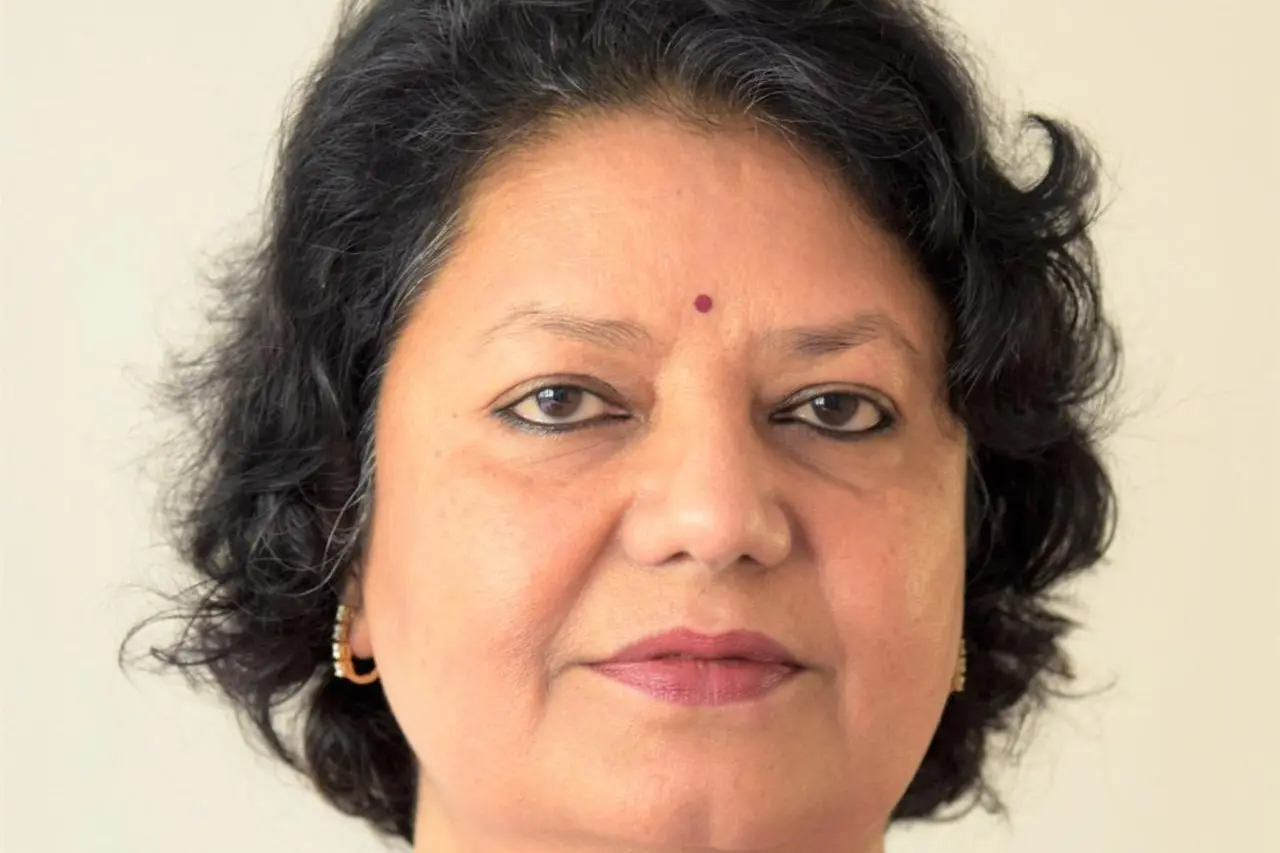PHOTO
The UN Climate Summit known as COP 26 has started this year in Glasgow, where officials from more than 200 countries are haggling over the best ways to fight global warming.
There could be significant announcements regarding climate focused funds at the conference, Dr. Gauri Singh, Deputy Director General of the Dubai headquartered International Renewable Energy Agency (IRENA) said on the sidelines of the Singapore International Energy Week (SIEW) conference.
“Several climate focused funds are at advanced stages of discussions. A one-billion-dollar partnership is being brought together by philanthropic institutions. Philanthropic capital is patient capital, is able to take higher risks and can move much more effectively in the developing countries. You need multiple such climate funds to support this transition”, she said.
The IRENA’s deputy director expects that some of the key discussions would be around how to unlock the socio-economic benefits of the transition, how to create more green jobs and getting access to climate finance.
“It’s a critical decade for climate action. We definitely do want to see outcomes that would accelerate the pace of this energy transition with strong commitments coming from countries on what they plan to do in this decade”, she said.
GCC states accelerating climate action
It’s a remarkable shift if oil and gas producing countries are rethinking their strategies on future energy investments, Dr. Singh told Zawya.
While the discussions, debates and pledges around climate action are heating up, last month the UAE pledged to achieve net zero by 2050 while Saudi Arabia and Bahrain have committed to a 2060 deadline to achieve the same.
“2060 is an indicator. What you need to look at is what are they (Gulf countries) going to do in this decade. If in this decade they are looking at getting 50 percent of their energy from renewables, I think a huge shift is happening. It will only get further strengthened as we move forward,” she said.
Sharing her thoughts on the immediate priorities for the GCC countries to accelerate energy transition, IRENA deputy director general noted that some key indicators necessary to achieve these targets are already in place in the GCC.
“The GCC countries have set up dedicated institutions to manage the shift. They have done well to put in place a policy framework which allows for transparent bidding and strong Power Purchase Agreements (PPA) to back up power purchase allowing costs to come down. That needs to be sustained and remain transparent so that investors can come in with a long-term perspective”, she said.
Referring to a policy paper on carbon pricing currently under discussion in the GCC, she said, “Carbon pricing is a very important policy measure that has to be thought through. We are watching when and how it will shape up”.
(Reporting by Sowmya Sunder; Editing by Seban Scaria)
Disclaimer: This article is provided for informational purposes only. The content does not provide tax, legal or investment advice or opinion regarding the suitability, value or profitability of any particular security, portfolio or investment strategy. Read our full disclaimer policy here.
© ZAWYA 2021





















